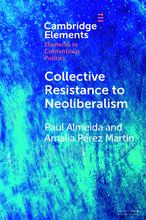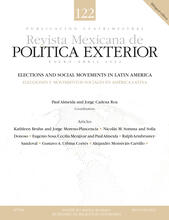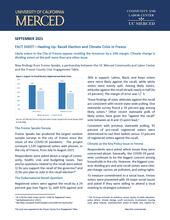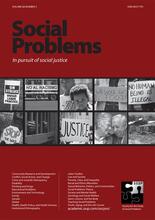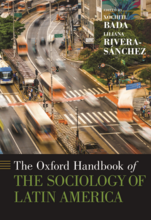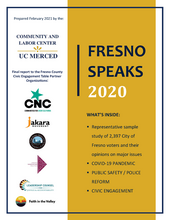Publications
2022
2021
The paper examines the individual-level building blocks of getting out the vote (GOTV) for electoral parties that represent subaltern sectors in resource scarce environments. Drawing on theories of protest waves, social movement fields, and threat-induced collective action, we examine the likelihood of campaigning in left party electoral mobilization and party identification. The study implements a modified version of the Caught in the Act of Protest: Contextualizing Contestation (CCC) survey protocol and respondent selection design. We use a sympathy pool sample of over 1,200 May Day participants in Costa Rica, El Salvador, and Honduras to explain the micro-foundations of electoral proselytizing of political parties advocating for disadvantaged populations. We found that involvement in left party electoral campaigning was largely driven by resources deposited during anti-neoliberal protest waves, including prior movement-type protest, civic organizational activity, and economic threat perceptions. Campaigning for the anti-neoliberal party was also associated with a higher level of post-election party identification. The findings suggest that left parties may at times partially overcome economic and political resource deficits by mobilizing individuals deeply embedded in the social movement field.


